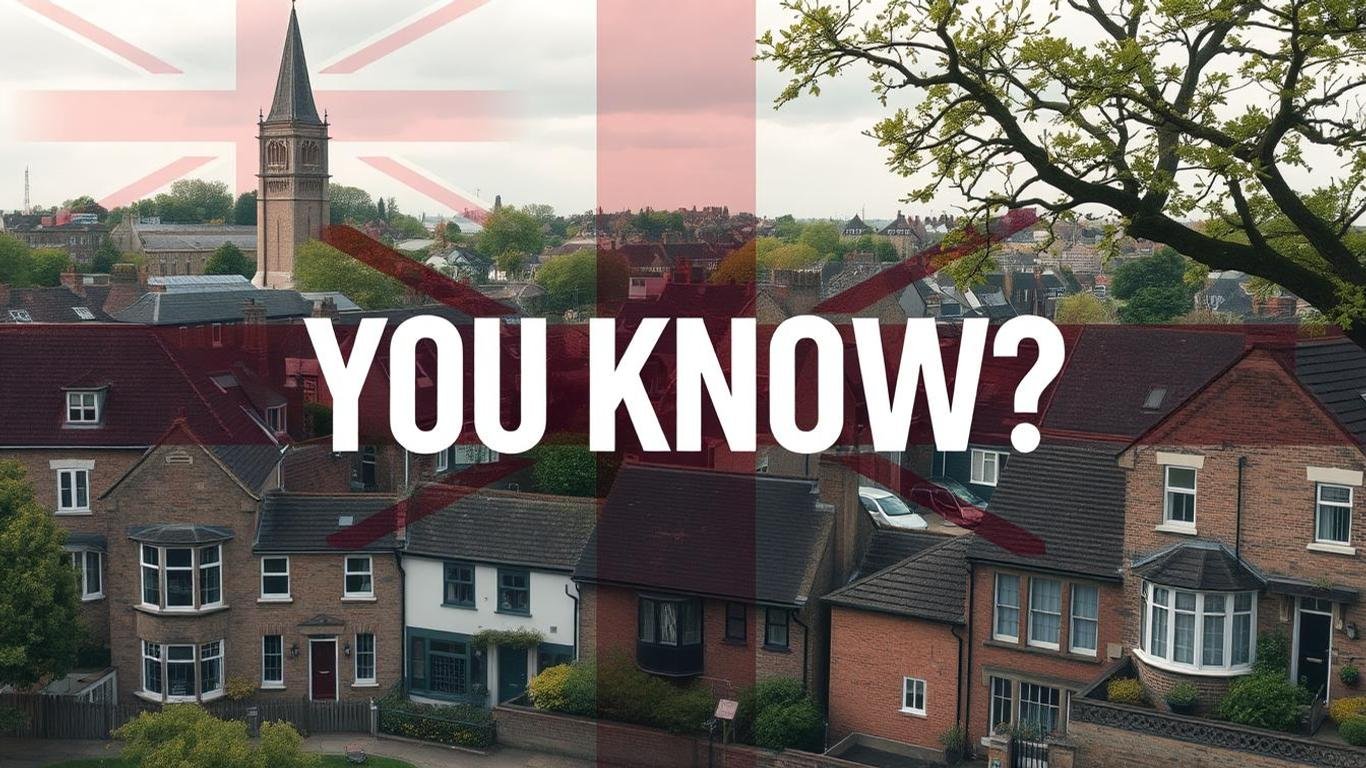As the global focus on climate change intensifies, the demand for energy-efficient homes is soaring. In 2025, green initiatives are not only shaping the future of housing but also significantly impacting property values.
Why Energy-Efficient Homes Are in Demand
- Lower Energy Bills: Energy-efficient homes reduce energy consumption, leading to lower utility costs for homeowners.
- Reduced Carbon Footprint: By minimizing energy usage, these homes contribute to a smaller carbon footprint.
- Enhanced Comfort: Improved insulation and ventilation systems create more comfortable living environments.
- Increased Property Value: Green homes often command higher prices and attract environmentally conscious buyers.
Key Features of Energy-Efficient Homes
- High-Performance Insulation: Effective insulation helps to retain heat in winter and keep homes cool in summer.
- Energy-Efficient Appliances: Energy-efficient appliances reduce energy consumption and lower utility bills.
- Renewable Energy Sources: Solar panels, wind turbines, and other renewable energy systems can generate clean energy.
- Smart Home Technology: Smart thermostats and lighting systems can optimize energy usage.
- Water-Efficient Fixtures: Low-flow toilets, water-saving showerheads, and rainwater harvesting systems can reduce water consumption.
The Impact on Property Values
- Premium Pricing: Energy-efficient homes often fetch higher prices compared to traditional homes.
- Faster Sales: Green homes tend to sell more quickly, especially in areas with strong environmental awareness.
- Stronger Rental Demand: Tenants are increasingly seeking energy-efficient homes to reduce their living costs.
- Future-Proofing Investments: As energy costs rise and climate regulations tighten, energy-efficient homes will become even more valuable.
Government Incentives and Policies
Governments around the world are implementing policies to promote energy-efficient housing:
- Tax Breaks: Tax incentives can encourage homeowners to invest in energy-efficient upgrades.
- Subsidies: Subsidies can help offset the upfront costs of renewable energy systems.
- Stricter Building Standards: Stricter building codes can ensure that new homes meet higher energy efficiency standards.
The Road Ahead
In 2025 and beyond, energy-efficient homes are poised to become the norm. As technology advances and consumer awareness grows, the demand for sustainable housing will continue to drive property values. By investing in energy-efficient features, homeowners and investors can not only reduce their environmental impact but also secure a profitable asset.


